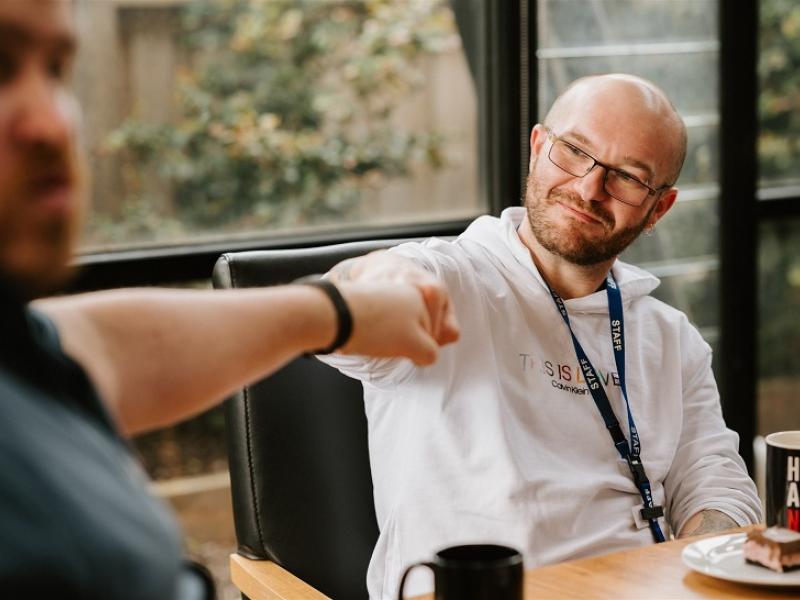How can people experiencing mental health challenges be better supported to quit smoking?
It’s an important question - according to the Australian Institute of Health and Welfare, people who experience severe mental health challenges are twice as likely to smoke on a daily basis compared to the rest of the population. On average they also die between 10 and 20 years earlier due to smoking-related diseases such as cardiovascular disease, respiratory disease and cancer.
Quitlink is a randomised control trial led by the University of Newcastle and supported by Mind that aims to better understand the support needs of people with mental health challenges who want to cut down or quit smoking.
The trial included Mind service users, who were given a combination of peer support, nicotine replacement therapy and Quitline counselling support.
The research found that people who had access to this combination of supports were eight times more likely to successfully quit or cut down their smoking habits compared to the control group, who did not receive these supports.
“The Quitlink research illustrated the importance of compassionate delivery of support for people trying to quit smoking,” Dr Laura Hayes said.
“People experiencing mental health challenges are often highly motivated to quit smoking, but they often face particular difficulties in trying to quit. These include less access to tobacco treatment and finding the cost of nicotine replacement therapies (like patches) hard to meet.”
“Health professionals often don’t support their attempts to quit, thinking it will interfere with the stability of their mental health. Participants really valued the non-judgemental approach of researchers and the Quitline counsellors.”
Dr Hayes said the Quitlink research shows that a tailored approach to quitting is most effective for people with mental health challenges and that it also recognises the value of positive support and encouragement from health professionals and support workers who have a lived experience that participants can relate to.
Mind peer researchers played a crucial role in the Quitlink research. Peer researchers use their own lived experience of mental health challenges and recovery to inform their research methods, such as participant interviews.
The next phase of this project is the Quitpick study which will provide participants with access to their choice of effective supports to quit smoking.
Mind and the University of Newcastle are now recruiting participants for the Quitpick study. For more information or to express your interest in participating, contact [email protected]
If you would like more information about Mind services near you, please contact us via Mind Connect or phone: 1300 286 463.
